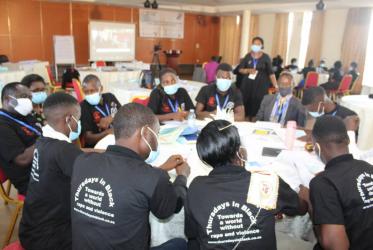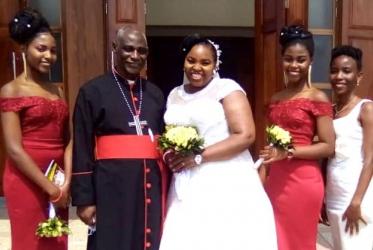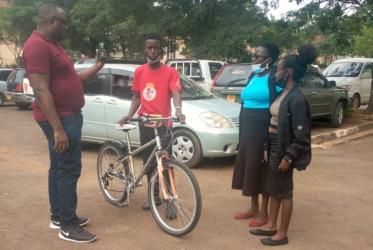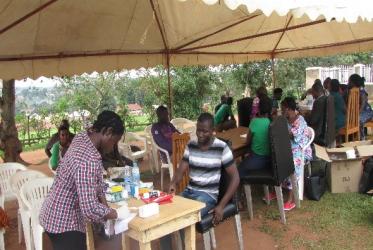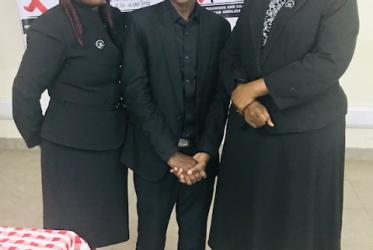Displaying 1 - 20 of 30
In Uganda, resilience and hope overshadow stigma
31 July 2020
Young people in Togo: “Hear our voice! We want to tell our stories!”
07 November 2019
Youth leaders: “We will stop at nothing” to end HIV and violence
17 October 2019
Frontline advocates in Uganda are putting a stop to HIV stigma
16 September 2019
WCC treatment manuals address HIV challenges in Uganda
02 August 2019
Knowledge of gender roles deepens in Togo
03 June 2019
“God has brought ways of defeating HIV”
31 October 2017
Ugandan Mothers’ Union leader helps overcome HIV
31 October 2017

